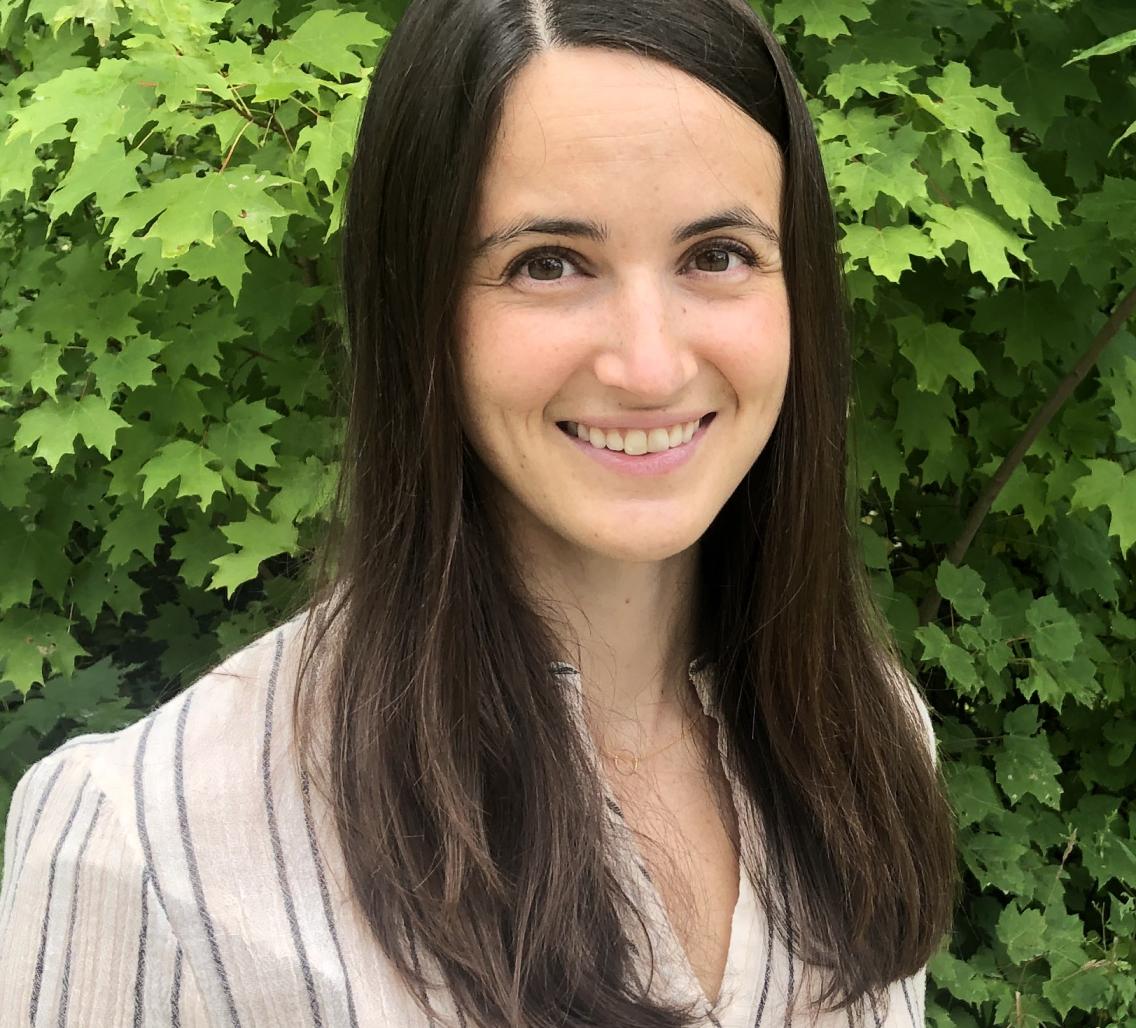Event Details:

The Stanford Center for Mind, Brain, Computation and Technology (MBCT) seminar series explores ways in which computational and technical approaches are being used to advance the frontiers of neuroscience.
Emily Finn, PhD
Assistant Professor of Psychological and Brain Sciences
Dartmouth College
'Idiosynchrony': Using naturalistic stimuli to draw out individual differences in brain and behavior
Abstract
While neuroimaging studies typically collapse data across individuals, understanding how brain function varies across people is critical for both basic scientific progress and translational applications. My work has shown that whole-brain functional connectivity patterns serve as a “fingerprint” that can identify individuals and predict trait-level behaviors. Although we can detect these fingerprints while people are resting and performing various traditional cognitive tasks, manipulating brain state using naturalistic paradigms—e.g., movie watching, story listening—can enhance aspects of these patterns that are most relevant to behavior. I will also discuss extensions to the inter-subject correlation (ISC) framework that can model not only shared responses, but also individual variability in neural responses to naturalistic stimuli.
Related Papers
Is it time to put rest to rest?
Movie-watching outperforms rest for functional connectivity-based prediction of behavior